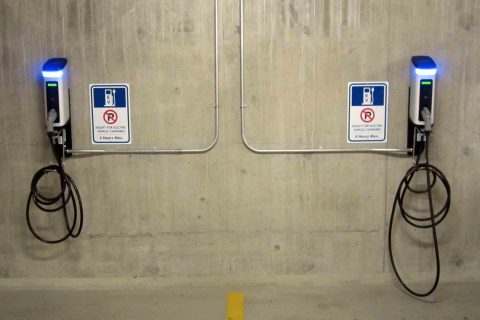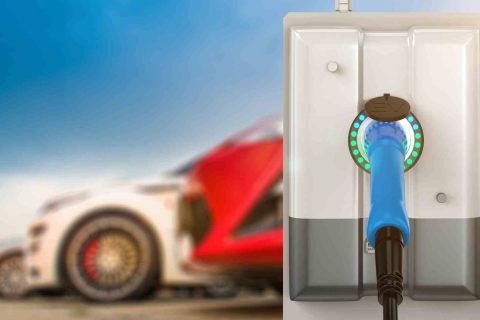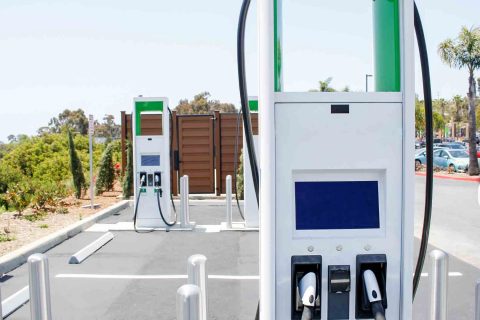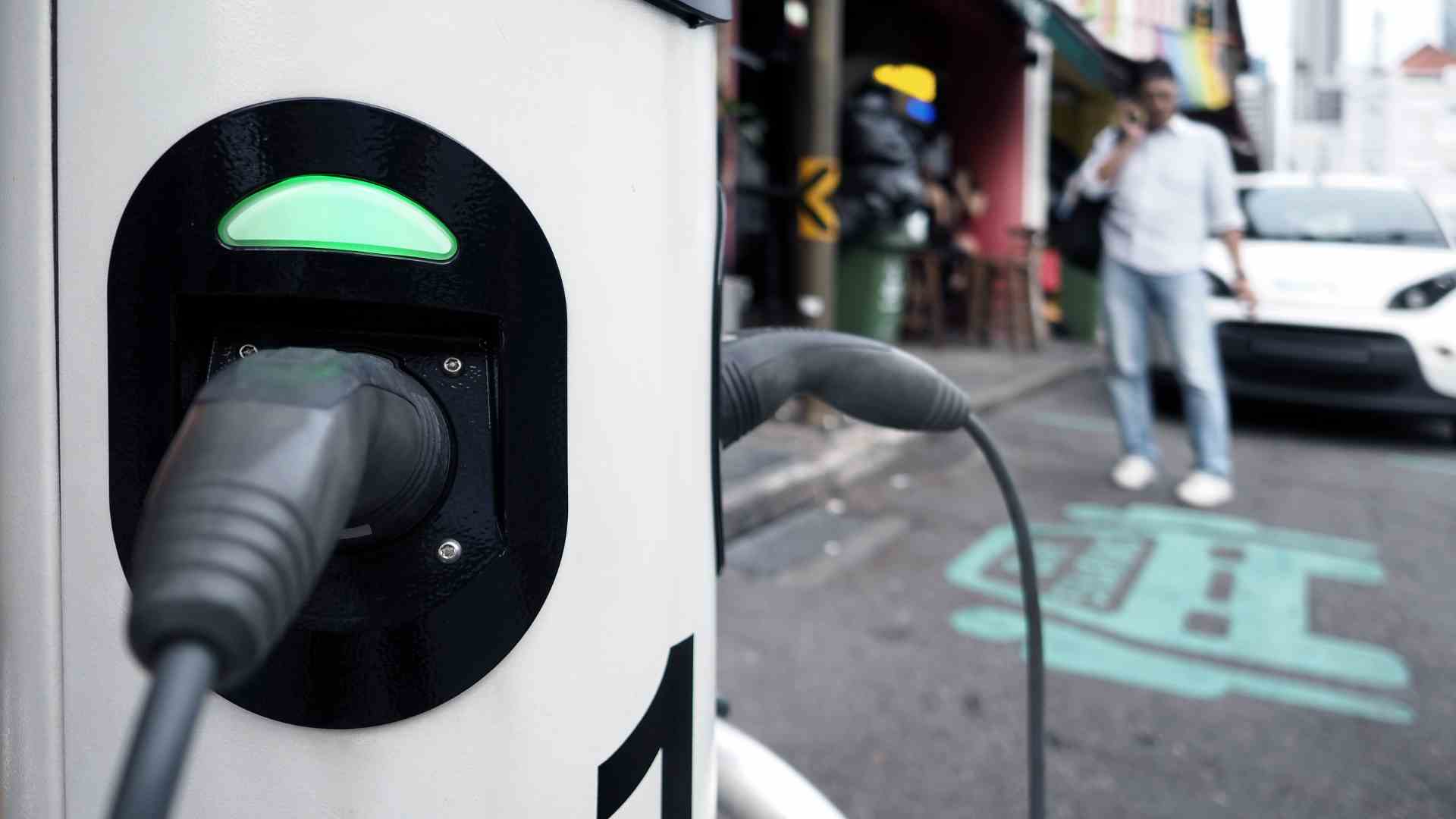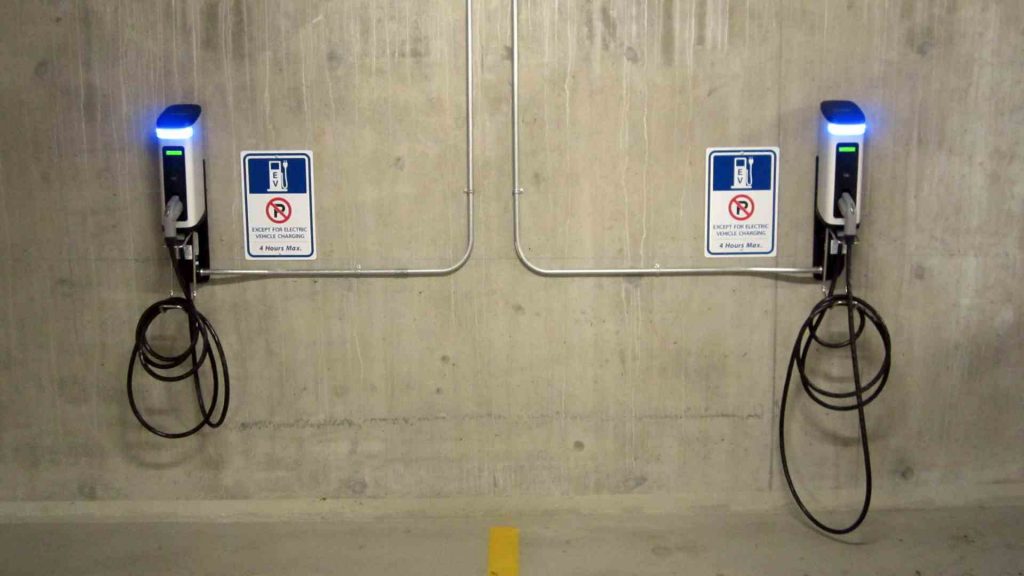
Residential EV Charging Guide
If you’re new to electric vehicles (EV), you might be wondering how to charge one. This guide will teach you the basics of residential EV charging, including how to choose the right charger and equipment for your home.
Electric vehicles are powered by electricity from batteries. To keep the batteries charged, you’ll need to connect your EV to a charger that supplies power.
There are two main types of residential EV chargers: Level 1 and Level 2. Level 1 chargers use standard household outlets, while Level 2 chargers are more sophisticated with a dedicated circuit and require a qualified electrician to install.
Most EVs come with a Level 1 charger that can be plugged into any standard outlet. This is fine for short trips or if you don’t mind charging your EV overnight. But if you want to charge faster, you’ll need a Level 2 charger.
Level 2 chargers can charge an EV in a few hours, compared to 8-12 hours for a Level 1 charger. That’s because they deliver more power – up to 19 times more than a standard outlet.
To install a Level 2 charger at home, you’ll need to have an electrician install a dedicated circuit. Once that’s done, you can plug in your Level 2 charger and start enjoying the benefits of faster charging.
How to Charge Your EV at Home
Charging your EV at home is simple and easy. Just follow these steps:
1. Park your EV in the garage or carport.
2. Plug the charger into the outlet.
3. Connect the charger to the EV.
4. Start charging the EV.
5. When finished, disconnect the charger from the EV and then from the outlet.
Types of Home EV Chargers
There are three primary types of home electric vehicle (EV) chargers: Level 1, Level 2, and DCFast.
Level 1 EV Chargers: Level 1 EV chargers plug into a standard household outlet and typically deliver 5 to 10 kilometres of range per hour of charging. Level 1 chargers are the slowest option but they are also the most affordable and widely available. Most EVs come with a Level 1 charger, which is perfect for topping off your battery overnight or at work.
Level 2 EV Chargers: Level 2 EV chargers require a dedicated circuit, similar to those used for large appliances. Level 2 chargers can deliver 10 to 20 miles of range per hour and charge an EV in half the time of a Level 1 charger. Level 2 home chargers are a popular choice for many EV owners because they offer much faster charging speeds without the need for public infrastructure.
DC Fast Chargers:
DCFast chargers are the fastest type of home charger, capable of delivering up to 100 kilometres of range per hour. DCFast chargers require special equipment that is not yet widely available, so they are not as common as Level 1 or 2 chargers. However, if you have access to a DCFast charger, it can be a great way to get a quick top-off before heading out on a long road trip.
Pros and Cons of Home EV Charging
If you’re thinking about purchasing an electric vehicle (EV), you may be wondering if it’s worth it to install a home charging station. Here are some things to consider:
PROS:
-You’ll never have to worry about finding a public charging station when you need one.
– Charging at home is usually faster than charging at a public station.
– You can take advantage of lower electricity rates if your utility offers time-of-use rates.
CONS:
– The initial cost of installing a home charger can be expensive.
– You’ll need to have a dedicated parking spot for your EV, close to an electrical outlet.
FAQs About Residential EV Charging
-Are home EV chargers safe?
Yes, home EV chargers are safe. They are UL-listed, meaning that they have been tested and certified by Underwriters Laboratories, a global safety science company.
-How much does it cost to charge an EV at home?
The cost of charging an EV at home will vary depending on the type of charger you have, your electricity rate, and the capacity of your electrical system. A Level 2 charger will typically cost less to operate than a Level 1 charger.
-How long does it take to charge an EV at home?
It typically takes 4-6 hours to charge an EV at home using a Level 2 charger. A Level 1 charger will take longer, typically 8-12 hours.
-Can I install my own home EV charger?
Yes, you can install your own home EV charger with the help of a qualified electrician. However, we recommend that you use a professional installer from EV Charger Installation Melbourne to ensure that your charger is installed properly and meets all local codes and requirements.
Recent Posts
Residential EV Charging Guide
Residential EV Charging Guide If you’re new to electric vehicles (EV), you might be wondering…
EV Charging At The Workplace
EV Charging At The Workplace With electric vehicles becoming increasingly popular, the need for charging…
The Effects Of Weather On EV Charges
The Effects Of Weather On EV Charges For electric vehicles (EVs) to make a lasting…
Restaurants That Have EV Charging Stations Are A Step Ahead
Restaurants That Have EV Charging Stations Are A Step Ahead In recent years, electric vehicles…

